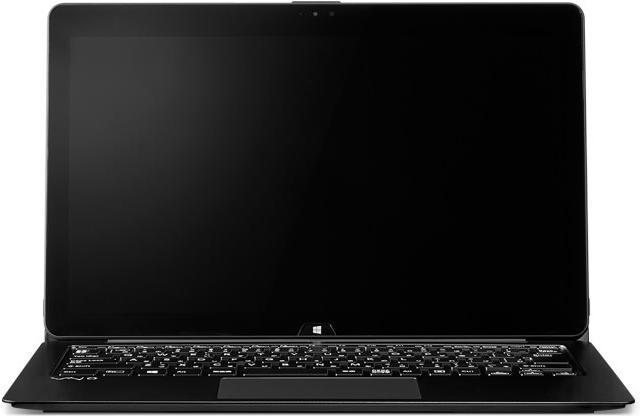
First onto the scene will be the 13.3-inch Vaio Z, a fairly standard laptop as far as the core components are concerned, but featuring flexible design. The three-in-one transformer will have three different viewing positions. It can be used as a standard clamshell, in tablet-mode, or flipped 180 degrees so the screen faces outward instead. A stylus is included for use with the touchscreen in any of these modes.
Related: Sony gives up on the PC business, sells Vaio brand
The second entry is the 12.1-inch Vaio Z Canvas, which works as most convertibles do these days with a screen that can detach from the keyboard to jump into tablet mode on demand. Catered to creative professionals, Vaio hopes the laptop will resonate with customers who need powerful, elegant, and dependable solutions that will follow them from home, to the office, and back again.
Both will come equipped with a fifth-generation Intel Core i7 processor, as well as 1TB of available hard drive space and a battery that’s been rated to last an astounding 15.5 hours between each charge.
Unfortunately, for the time being representatives for Vaio have told reporters it has no plans to sell the laptop outside of Japan’s borders. That said, it’s not so difficult to hop on Amazon.jp and ship to wherever you are in the world, so if the new Vaio Z looks like something you absolutely have to have, the company says we can expect the original model to retail for $1600 and go on sale today.
The Canvas should follow up sometime in May, though we don’t have any hard pricing details available just yet.


